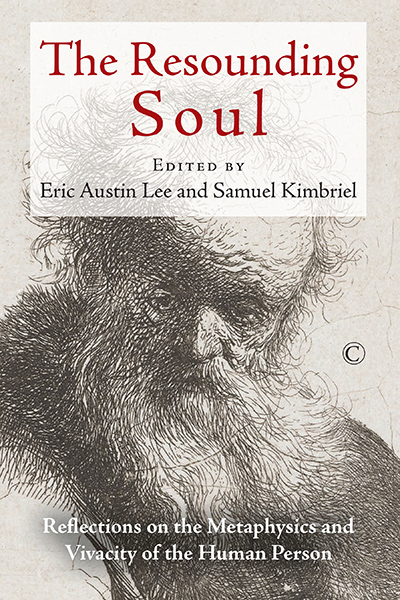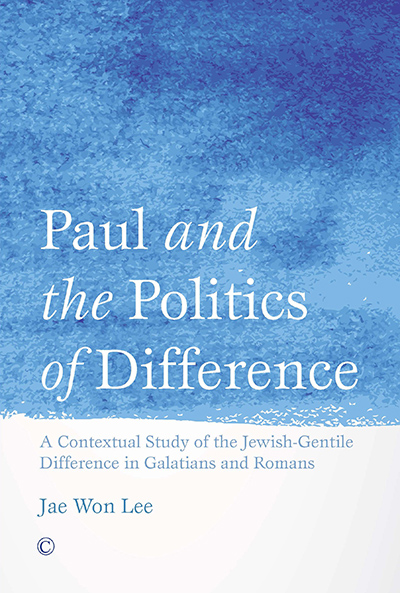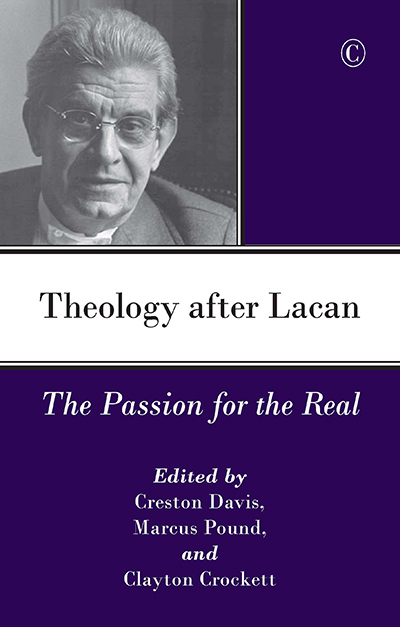Description
It is surely not coincidental that the term “soul” should mean not only the centre of a creature’s life and consciousness, but also a thing or action characterised by intense vivacity (“that bike’s got soul!”). It also seems far from coincidental that the same contemporary academic discussions that have largely cast aside the language of “soul” in their quest to define the character of human mental life should themselves be so bloodless, or so lacking in soul. The Resounding Soul arises from the opposite premise: that the task of understanding human nature is bound up with the more critical task of learning to be fully human. The papers collected here are derived from a conference in Oxford sponsored by the Centre of Theology and Philosophy and explore the often surprising landscape that emerges when human consciousness is approached from this angle. Drawing upon literary, philosophical, theological, historical, and musical modes of analysis, these essays remind the reader of the power of the ancient language of soul over against contemporary impulses to reduce, fragment, and overly determine human selfhood.
About the Author
Eric Austin Lee (PhD) is Research Fellow/Deputy Director, North America at the Centre of Theology and Philosophy, University of Nottingham, where he also received his PhD. He is co-editor of the Veritas and KALOS book series.
Samuel Kimbriel (MPhil, PhD) is a Teaching Fellow in philosophical theology at the University of Nottingham. He is the author of Friendship as Sacred Knowing: Overcoming Isolation (2014).
Contents
Preface
Acknowledgments
List of Contributors
Introduction
Samuel Kimbriel and Eric Austin Lee
Section I: The Soul and the Saeculum
1. The Experience of Death: The Immortality of the Soul and the Unity of the Person in Landsberg, Scheler, and Augustine
Anna Piazza
2. Bernard Stiegler’s Politics of the Soul and His New Otium of the People
Johann Rossouw
3. Eucharistic Anthropology: Alexander Schmemann’s Conception of Beings in Time
Andrew T. J. Kaethler
4. The Psychology of Cosmopolitics
John Milbank
Section II: Fracture and Unity
5. “Know Thyself “: The Soul of Anatomical Dissection
Kimbell Kornu
6. Persons and Narratives: A Physicalist Account of the Soul
K. Nicholas Forti
7. Transcending the Body/Soul Distinction through the Perspective of Maximus the Confessor’s Anthropology
Sotiris Mitralexis
8. Nous (Energeia) and Kardia (Dynamis) in the Holistic Anthropology of St. Gregory Palamas
Nichifor Tanase
9. Souls, Minds, Bodies, and Planets
Mary Midgley
Section III: Moving to Wholeness
10. The Soul in the Novel: From Daniel Defoe to David Foster Wallace
Edmund Waldstein, O.Cist.
11. Difficult Conversion: Shakespeare and the Soul of Religion
Anthony D. Baker
12. Both, Between, and Beyond: The Third Term and the Relation Constituting Being
L.C. Wilson
Section IV: The Soul’s Regard
13. Strategies of the Gift: Body and Soul in John Paul II and Levinas
Nigel Zimmermann
14. Redeeming Duality: Anthropological Split-ness and Embodied Soteriology
Lexi Eikelboom
15. Music and Liminal Ethics: Facilitating a “Soulful Reality”
Férdia J. Stone-Davis
Section V: Vivacity
16. The Soul and “All Things”: Contribution to a Postmodern Account of the Soul
W. Chris Hackett
17. The Soul at Work: A Reading in Catholic Romanticism
Simone Kotva
18. Soul Music and Soul-less Selving
William Desmond
Name and Subject Index
Endorsements and Reviews
These exacting essays variously suggest that the apparently problematic category of the soul nonetheless secures the reality of mind without reduction, and without a dualistic contrast to body and matter. Both body and mind live, and it is the living force of the soul which combines them in growth, motion and reflection.
Catherine Pickstock, Professor of Metaphysics and Poetics, Emmanuel College, University of Cambridge
According to Aristotle, inquiry into the soul is one of the noblest human tasks. Such an inquiry, however, has all but disappeared: if the soul is not denied altogether, it is rarely thought about. The Resounding Soul helps us to recollect this ancient knowledge, and at the same time opens up new avenues of reflection. By inviting us to lift our gaze in this bourgeois and pragmatic age, the editors have rendered a great service.
D.C. Schindler, Associate Professor of Metaphysics and Anthropology, The John Paul II Institute
The Resounding Soul gives due attention to a gnawing sense that soul talk has been eclipsed in recent times. … This book with its instructive title and subtitle is thus a welcome contribution in the service of the retrieval of soul talk.
Barry K. Morris, in Reading Religion, November 16 2017





